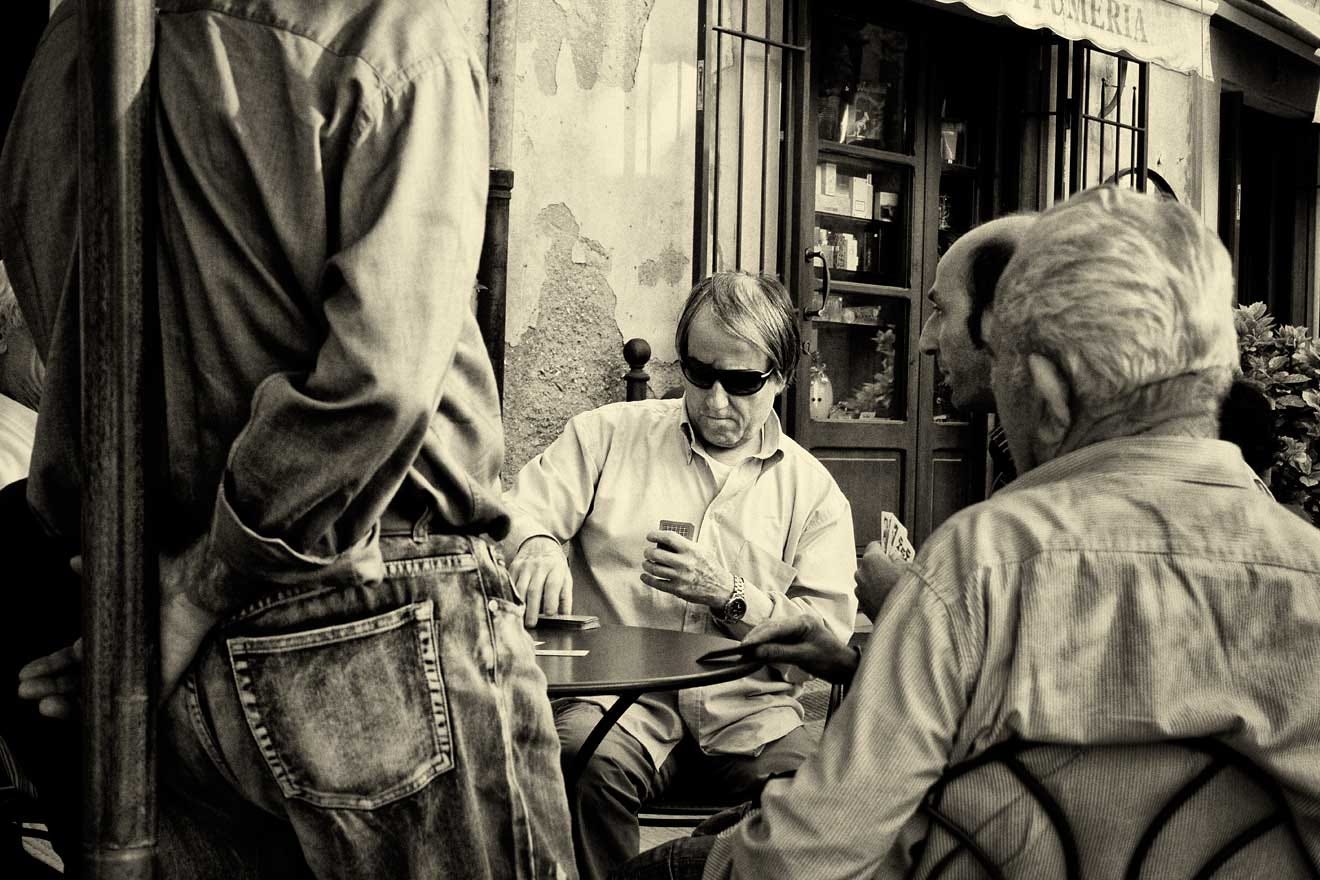What I Invested In This Week
Life Debt and Leverage in the pursuit of thick desires
A regular reader of this newsletter, Nish, made a comment in the last Open Thread that has had me pondering for days. You can view the whole thing here (his comment is pinned to the top), but here’s an excerpt:
Lately I have been thinking about the risk of "Life Debt." A debt that is created when I/we choose Thin Desires over Thick Desires. The idea of Life Debt came to be based on the concept of technical debt from the software development world.
Defn: In software development, technical debt is the implied cost of additional rework caused by choosing an easy solution now instead of using a better approach that would take longer.
Thin Desires may be easier to focus on, to pursue. But what sort of debt does anyone of us accumulate when we prioritize the Thin over the Thick?
The thought of ‘Life Debt’ is a somewhat scary thought because I know I’ve amassed a lot of it over the course of the years. Nish’s post got me thinking, though: none of us will be able to get through life without some …




